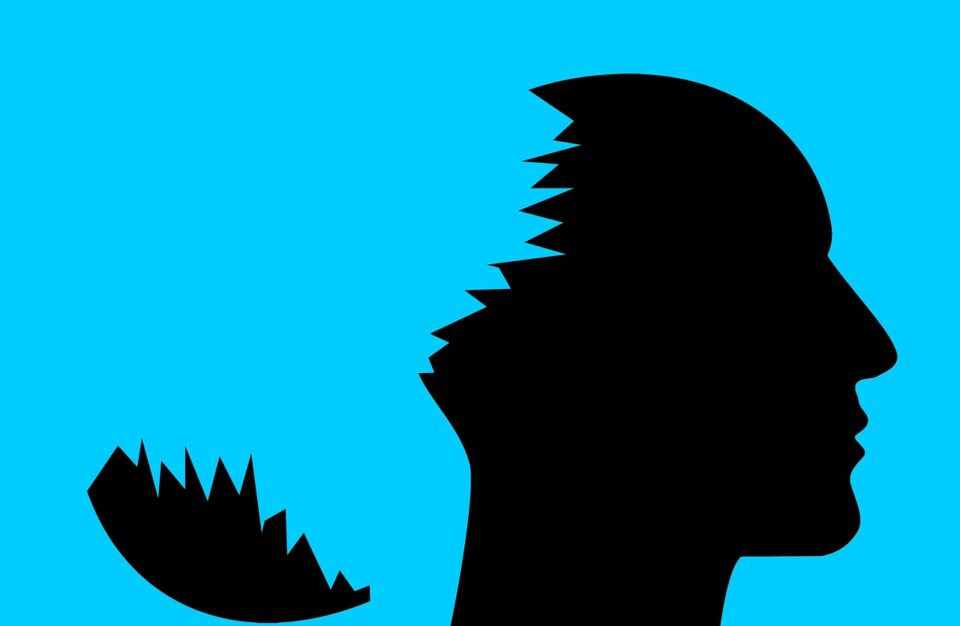Addiction is a complicated illness that has a complex affect on cognition and emotion. There is a strong relationship between mental illness and addiction as well. Therapy can be an effective way to treat someone who is suffering from mental health problems and addiction. However, that is only true for those who have a good therapist. Check out this article to learn how to determine whether or not your therapist is good.
Dual Diagnosis
A dual diagnosis is when someone who is suffering with substance use disorder, SUD, also suffers from a mental health or behavioral disorder. A dual diagnosis requires integrated treatment so that both disorders are simultaneously addressed. A dual diagnosis rehab center treat those struggling with a mental disorder and a substance addiction. Addictions to prescription medications
Dual diagnosis is common and people who have been diagnosed with a mental health condition are much more likely to develop substance use disorder. Furthermore, people who abuse drugs or alcohol also often develop co-occurring mental health disorders.
Contributing Factors
There are lot of different factors that may play a role in an instance of co-occurring addiction and mental health disorders. First, drug abuse may present symptoms that are similar to symptoms of mental illness such as insomnia, sleep, slurring words, psychosis, and more.
Genetic predisposition is a factor for both addiction and mental illness. In fact, 40 to 60 percent of a person’s susceptibility to addiction comes from their genes. Stress, anxiety, and trauma all play a role in both addiction and mental illness as well.
Warning Signs
The signs and symptoms of dual diagnosis can differ a lot depending on the severity and type of mental illness, the individual, and the substance or substances being abused. However, there are some general signs that may appear.
A sudden change in behavior can be a sign of both substance abuse and mental illness. It is more likely to be a symptom of dual diagnosis if it occurs not from the primary effects of the substance but occurs long-term or regularly despite being sober. However, substance abuse may affect someone differently if they have a mental illness.
A person suffering from addiction and mental illness may have a difficult time managing responsibilities, basic tasks, self-care, and emotions. They may even avoid activities that they used to enjoy.
Danger of Self-Medicating
Self-medicating is a common issue when it comes to dual diagnosis because it involves using substances to block distressing and troubling symptoms associated with mental health issues.
Self-medication can lead to addiction and worsen the underlying mental health problem. People often drink alcohol to ease social anxieties or take benzodiazepines to stop a panic attack. People also sometimes use substances to numb their pain, grief, shame, or depression. Mental illness also often causes someone to be less productive and this could cause someone to seek out substances to increase focus or energy.
People who struggle with mental illness that begin to abuse drugs often develop worse addictions as their tolerance increases. Not only that, but when the substances wear off, they may find that their symptoms of mental illness are more severe or more frequent.
Common Mental Health Disorders with Addiction
There are several mental health disorders that are commonly diagnosed alongside addiction. Sometimes these mental health problems are the underlying cause of an addiction. This is one reason why it is not a good idea to ignore mental health symptoms or avoid seeking help.
People often attempt to self-medicate depression. The euphoria or numb feeling that drugs or alcohol provides may give the individual temporary relief. However, the substance use or abuse often also makes the problems worse and the comedown, crash, or hangover from the high can cause the individual to feel severe extremes.
Anxiety is a common mental condition and increases the likelihood that someone will abuse substances. Someone suffering from anxiety may turn to drugs or alcohol to ease or manage their symptoms. They may also abuse benzodiazepine like Valium or Xanax in an attempt to self-treat their anxiety. These substances are highly addictive and can negatively impact cognition and a person’s ability to function. In addition, these drugs can cause severe withdrawal symptoms.
There is also a strong correlation of addiction with other mental illness like bipolar disorder, OCD, PTSD, and more. This results in a dual diagnosis that can help a mental health professional adequately treat the individual.
Conclusion
Dual diagnosis is common because of the complex relationship between substance abuse and mental illness. It is important for a mental health professional to know about substance abuse issues so that they can properly treat the individual. Both the addiction and the mental health problems need to be treated simultaneously. Therapy is an effective way to treat mental illness and help someone cope with problems that arises with addiction.
Marie Miguel Biography
Marie Miguel has been a writing and research expert for nearly a decade, covering a variety of health- related topics. Currently, she is contributing to the expansion and growth of a free online mental health resource with BetterHelp.com. With an interest and dedication to addressing stigmas associated with mental health, she continues to specifically target subjects related to anxiety and depression.

